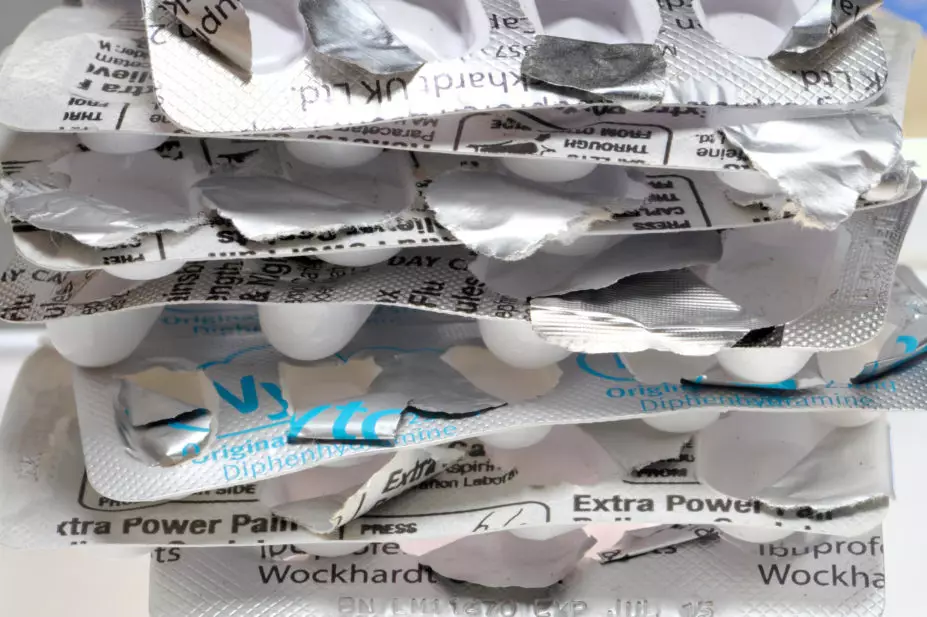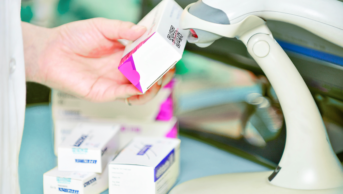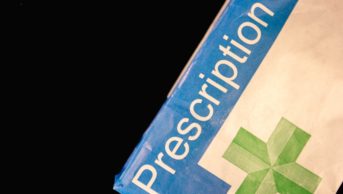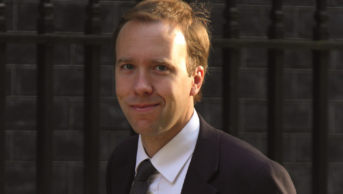
PjrStudio / Alamy Stock Photo
Ministers have missed their own deadline to begin a consultation process on implementing a UK version of the Falsified Medicines Directive (FMD).
The FMD, which introduced an EU-wide scheme to spot fake and falsified medicines in February 2019, ceased to apply in Great Britain when the Brexit transition period ended on 31 December 2020.
However, the government has since committed to establishing a UK version of the scheme, setting out the necessary provisions in the Medicines and Medical Devices Act 2021, including options for medicine packs to feature unique identifiers and antitamper devices.
The Act was granted royal assent on 11 February 2021, with a factsheet on falsified medicines published alongside the legislation stating that the Department of Health and Social Care (DHSC) was “committed to public consultation on the need and details of any national scheme as well as a specific consultation on the use of data collected as part of any scheme”.
The factsheet added that there was “an initial aim of issuing a public consultation within 12 months of royal assent, subject to other priorities around medicines regulation,”; however, as of the 16 February 2022, no consultation has been issued by the DHSC.
On 8 February 2022, a spokesperson for the DHSC told The Pharmaceutical Journal: “We remain committed to public consultation on any national scheme. We will ensure stakeholders are made aware of our plans around a consultation as work progresses.”
In October 2020, the Royal Pharmaceutical Society warned of a possible “influx of counterfeit medicines”, after the FMD ceased to apply in the UK, adding that the lack of government plans to prevent falsified medicines from entering the UK after the transition period was “unacceptable”.
Gareth Jones, director of corporate affairs at the National Pharmacy Association, said: “The end of FMD in Great Britain provides an opportunity to deliver the patient safety benefits of an anti-counterfeiting system — but in a way that is more flexible and in line with the way that medicine supply works in the UK.
“Ultimately, any effective system needs to protect patients and deter counterfeiters, without imposing a disproportionate burden of time and cost.”
“Getting it right is more important than doing this quickly,” he added.
A UK scheme would apply to pharmacies in England, Wales, and Scotland, with the original EU directive continuing to apply in Northern Ireland under the terms of the withdrawal agreement.
Read more: Falsified Medicines Directive is yet another casualty of Brexit
1 comment
You must be logged in to post a comment.
You may also be interested in

Proposed legislation could see government ‘broaden’ use of data collected through the Falsified Medicines Directive

Pharmacists could be able to prescribe ‘low-risk’ drugs under new legislation

How many fake drugs were detected under the previous scheme ? How many packs were scanned ? How much of our time was wasted on it ? It is tragic the new scheme will be delayed ! Hopefully I will have retired before it appears . Next time the PSNC should demand a fee per pack for scanning .